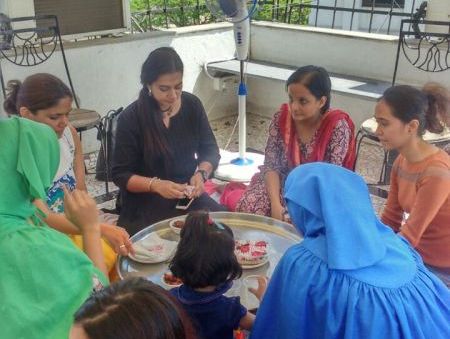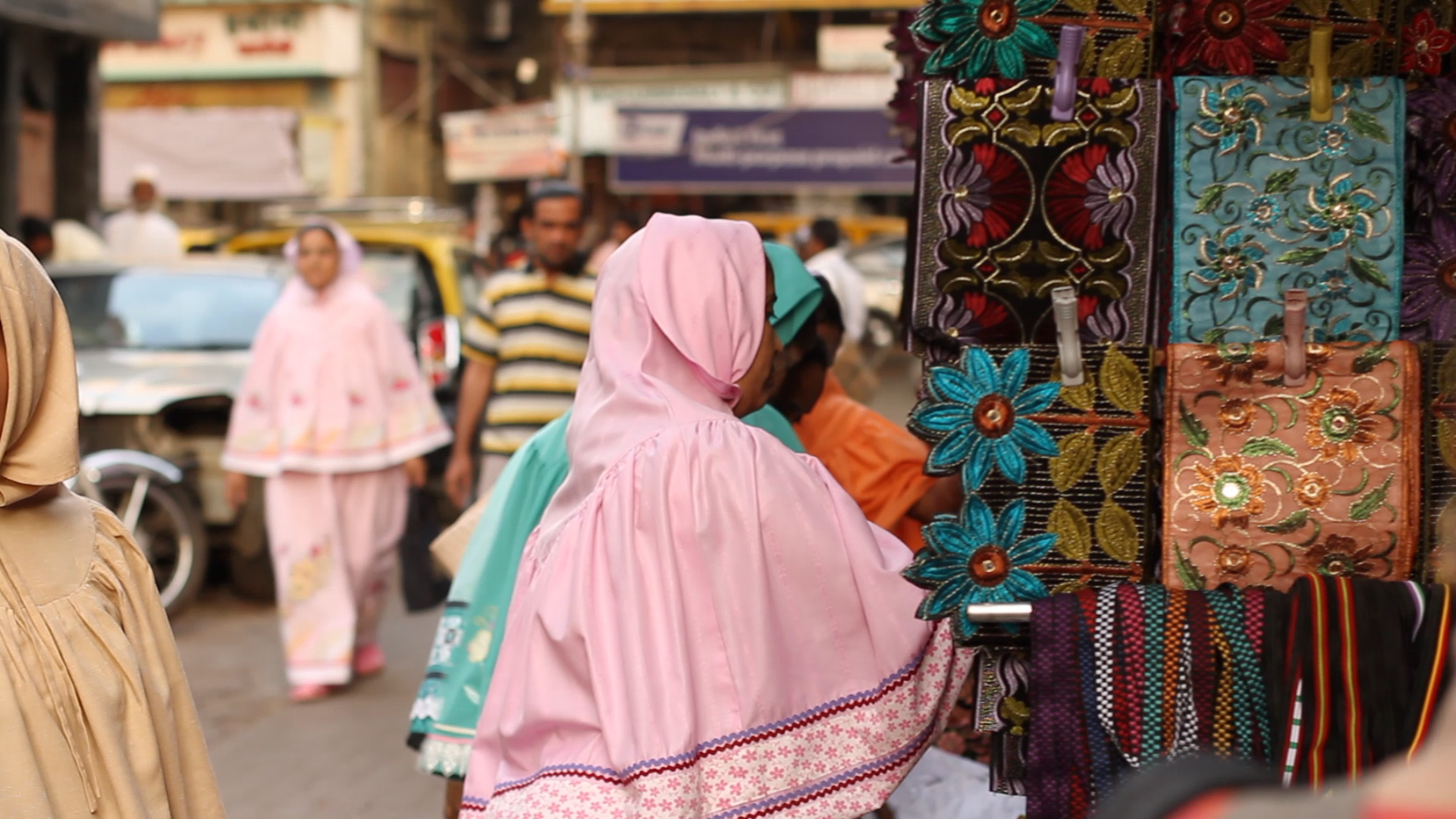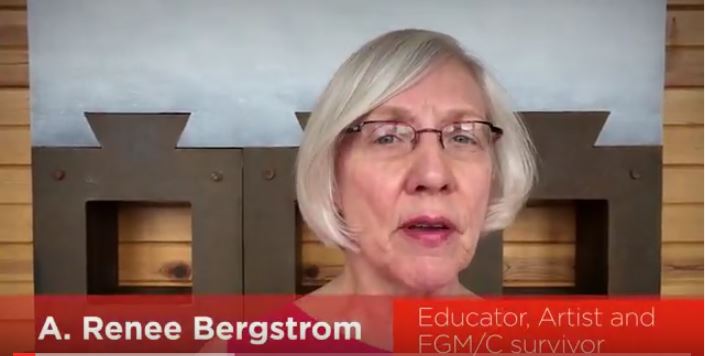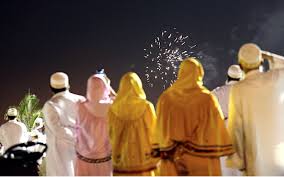By: Anonymous
Country: United States
Age: 34
Shortly after my seventh birthday, I went to visit my grandmother in New York. My mother told me this visit was going to be special because I turned seven and I had to have something “important done”. “All girls have to have it done when they turn seven,” I was told, just as my older sisters had it done before me. My mother said it was to ensure a “good marriage” when I am older. At the age of seven, this was a more than sufficient explanation for me. I just took this explanation as the norm, and even believed that women of all faiths and cultures must undergo the same experience. At the time, I had no idea that day would be life-changing for me on so many levels.
The procedure harmed me physically. It was, unsurprisingly, botched, being conducted on a basement floor by an untrained older housewife in our community. But the message I was told that day – “this will help your marriage”, and messages I was subsequently told throughout my life “this is to make sure women’s urges are controlled”, “these things are done to make sure you are loyal to your husband”, “women need to appease their husband” – these messages are what truly did the most psychological harm. These messages have caused me to live a life in which I felt inferior to my partner and felt shame for all my natural urges/feelings.
As I grew more aware of how that day impacted me, I became upset and resentful. I was angry about what I was forced to go through and constantly wondered what would have been if that day never happened. Thinking about other little girls, who would undoubtedly have to undergo the same thing, overwhelmed me with feelings of anger, sadness, and helplessness. I hoped people in our community would stop subjecting innocent girls to this practice. I wished people would wake up and realize they were doing more harm than good – that they were truly doing no good at all.
A few days ago news broke of a female doctor in Detroit who was charged with illegally performing FGM on two young girls. My first reaction – like that of many who are opposed to this practice – was a feeling of vindication. Someone was finally being held responsible for this practice. People might start becoming aware that this is a serious problem, not just abroad, but right here in the US. I also thought this case might act as a deterrent for many other people who are thinking of performing FGC.
After witnessing people’s reaction to the news, my vindication soon turned into disheartenment. People adamantly opposed to the practice or adamantly opposed to Islam, began to vilify this doctor as a cruel heartless sexual predator. But that is not what I saw in her. I just saw a woman, just like my mother, aunt, or grandmother. A woman – a mother – who was trying to do what was best.
My mother did not take me for that procedure with some malicious intent to hurt me. She did so, in the same manner, many of us take our children for immunizations, needed surgeries, or even male circumcisions. It hurts us to subject our children to anything painful, but we do so with the firm believe that it is being done in their best interest. We put faith in our medical professional’s guidance because they are widely respected and trusted as experts in a field. Similarly, people living in a Bohra community – those constantly surrounded by those of similar faith – put their faith in the guidance of their religious leaders. In their world, these leaders are widely accepted as trusted “experts” who know what is best for each one of us. For them, the divine rules set forth by these leaders well supersede standards set by medical communities or politicians.
So I look at this woman and I don’t see a villain – I see a victim. A victim like myself who has undoubtedly also been unjustly cut as a child. A woman who was not only physically abused in the past but also continues to be mentally manipulated into acting against her better judgment. I am not completely absolving her from the choices she made – everyone must take responsibility for their actions, and she could have acted differently. I am just attempting to explain, from the perspective of her world, how it often might seem like there is no choice for her to do otherwise.
So by villainizing her, punishing her – you may scare some other doctors from conducting the practice. You may deter some other mothers from having their children undergo the procedure. But punishing her does not punish the true abusers. As long as the male leaders continue to advocate for this practice and maintain its importance in religious doctrine, followers will continue to adhere to the guidance of their respected leaders. My worst fear is that this public case mixed with continued pro-FGC messaging from our community will drive this practice underground even more. So instead of having doctors illegally practice in their sanitized clinics after hours – our girls will be subjected to experiences similar to mine – being cut by their grandmothers on an unsanitary cold basement floor.
This article was later published in Gujarati. Read the Gujarati version here.






